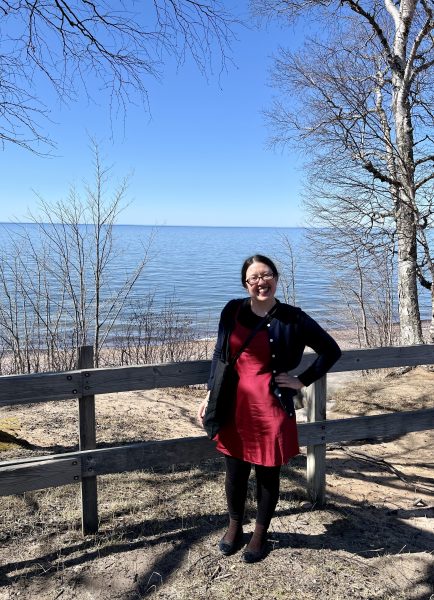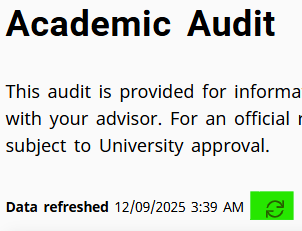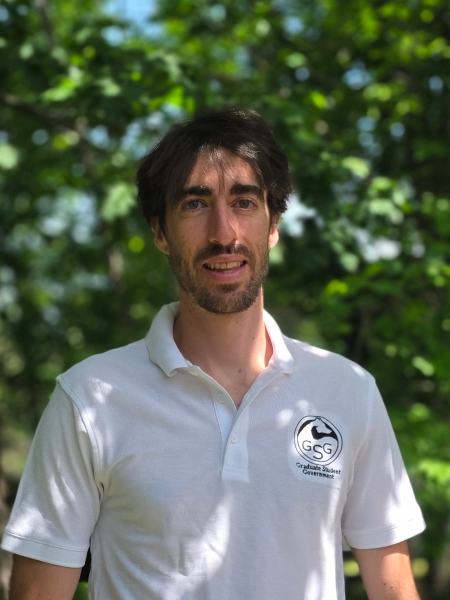Applications for Summer 2026 finishing fellowships are being accepted and are due no later than 4 p.m. on February 24, 2026 to the Graduate School. Please email applications to gradschool@mtu.edu.
Instructions on the application and evaluation process are found online. Students are eligible if all of the following criteria are met:
- Must be a PhD student.
- Must expect to finish during the semester supported as a finishing fellow.
- Must have submitted no more than one previous application for a finishing fellowship.
- Must be eligible for candidacy (tuition charged at Research Mode rate) at the time of application.
- Must not hold a final oral examination (“defense”) prior to the start of the award semester.
Finishing Fellowships provide support to PhD candidates who are close to completing their degrees. These fellowships are available through the generosity of alumni and friends of the University. They are intended to recognize outstanding PhD candidates who are in need of financial support to finish their degrees and are also contributing to the attainment of goals outlined in The Michigan Tech Plan. Students who receive full support through a Finishing Fellowship may not accept any other employment. For example, students cannot be fully supported by a Finishing Fellowship and accept support as a GTA or GRA.



